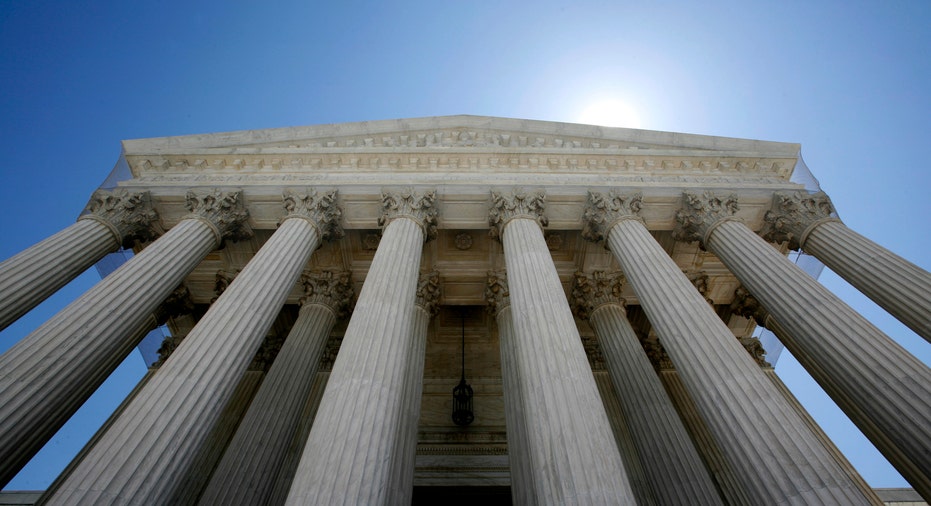Split SCOTUS Rejects Non-Member Challenge to Union Fees

The U.S. Supreme Court on Tuesday split 4-4 on a conservative legal challenge to a vital source of funds for organized labor, affirming a lower-court ruling that allowed California to force non-union workers to pay fees to public-employee unions.
The court, shorthanded after the Feb. 13 death of conservative Justice Antonin Scalia and evenly divided with four liberal and four conservative members, left intact a 1977 legal precedent that allowed such fees, which add up to millions of dollars a year for unions.
The outcome emphasized the impact of Scalia's death, as he likely would have been a decisive vote against the unions. During the Jan. 11 oral arguments in the case, Scalia was still on the bench, giving the court a majority of five conservatives. The conservative justices during the arguments voiced support for the stance of the non-union teachers in challenging the fees.
The 4-4 decision leaves in place an appeals court ruling in favor of the unions but sets no new precedent.
The court's action came in lawsuit brought by a group of non-union public school teachers from California who objected to paying fees to the California Teachers Association union. A California law requires non-union workers to pay fees to public-sector unions representing workers such as police, firefighters and teachers to fund collective bargaining efforts.
U.S. conservatives for years have tried to curtail the influence of unions representing public employees like police, firefighters and teachers that frequently back the Democratic Party and liberal causes.
A ruling allowing non-union workers to stop paying so-called "agency fees" equivalent to union dues, currently mandatory under laws in about half the 50 states including California, would have deprived public sector unions of millions of dollars a year, reducing their income and political power.
The decision means the status quo remains, with the unions able to collect fees from non-union workers.
(Reporting by Lawrence Hurley; Editing by Will Dunham)



















